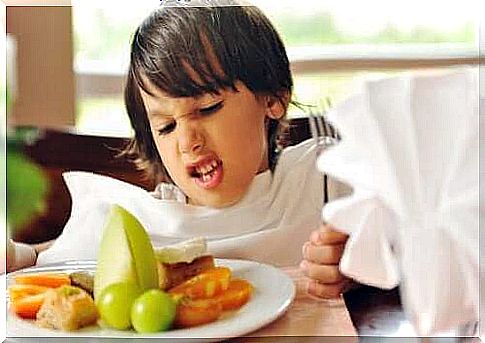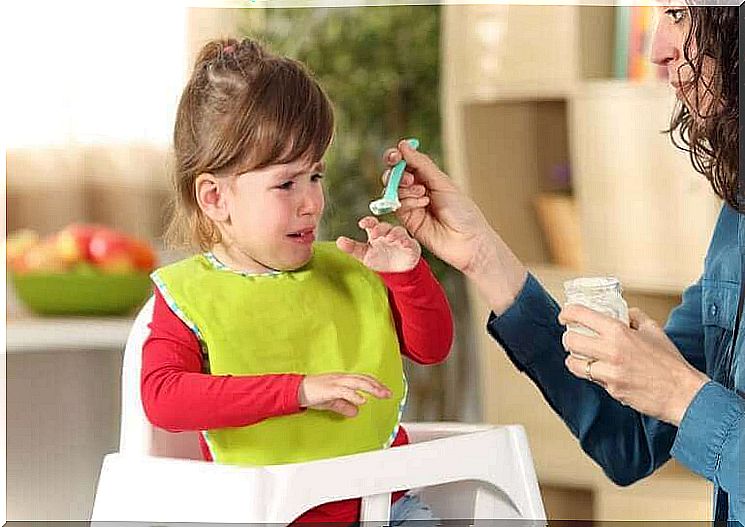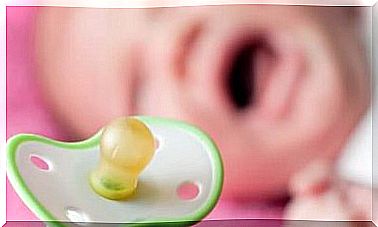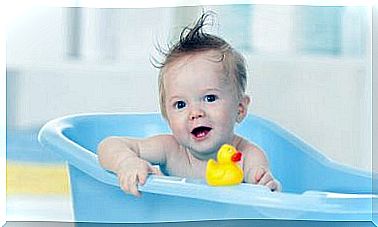Selective Eating Of A Child

Problems with food and eating are common in childhood. Usually, these are manifested as preferences for certain foods and reluctance toward other foods. In some cases, however, the fight against food goes so far that the child agrees to eat only a few ingredients. Selective eating and a restricted diet result in not all of a child’s nutritional needs being met.
Selective eating is classified as a disorder of infant eating behavior. Today, it is known that a child’s tendency to avoid large groups of foods is not a mere whim or childhood misuse.
Selective eating of a child
In selective eating, the child eats only certain foods or eats very little. Refusal to eat is based on the sensory properties of the food, such as taste, composition, and shape.
Selective eating is not associated with growth disturbances, and the attachment of children with selective eating is known to be safe. According to some experts, selective eating is a subclinical form of anorexia in young children, and a good attachment ratio prevents the progression of an eating disorder.

However, a restricted diet often causes a child to suffer from various deficiency conditions. It is common for a child to lose weight or not gain weight in the normal way for their age.
Selective eating also affects the psychosocial level, as the child may seek to avoid situations where the syndrome may be revealed or cause problems. This disorder affects the well-being of both the affected child and his or her parents. Constant refusal to eat can become a very frustrating, confusing, and worrying problem.
Selective eating is not just a whim
We must not forget the fact that selective eating does not reflect a child’s agitation, nor does it mean a child is pampered. This is a disorder that can be caused by many factors and can have more serious consequences.
Although experts do not yet know the exact reasons for selective eating, they have made observations about this disorder:
- It is common for children with selective eating to be prone to anxiety, obsessive or compulsive behavior, and social fears. They also adapt poorly to change and new things. The disorder may be due to the inflexible nature of the child.
- Researchers have identified problems in the relationship between the child and his or her primary guardian. Children who are unable to express themselves verbally shout or tease to communicate their negative feelings. This type of behavior can cause stress, nervousness, and discomfort for the caregiver. This, in turn, makes it difficult to forge a healthy bond of love and trust. To avoid difficult situations, the guardian often decides to provide the child with the least problematic foods, which only reinforces the child’s disorder.
- Several studies have found that a significant proportion of children and adolescents who eat selectively are afraid of suffocation or vomiting and suffer from certain food allergies.

How to prevent and treat selective eating?
- As your baby begins to eat solid foods, childish detoxification can help him or her become familiar with different foods and explore them at his or her own pace. This is how the child experiences meal times as natural and fun moments instead of compulsion.
- Parents need to remain patient and long-term when offering a variety of foods to their child. They must not lose their nerves or give up when a child rejects food.
- Parents are the child’s primary role models. It is important for the child to see that all members of the family, without exception, eat all the food on the plate. Gathering together for a meal and chatting casually by the food is also good for the child.
- Parents should strive for ingenuity in the kitchen. This means experimenting with different cooking methods, flavors and compositions. The new-looking food arouses the child’s curiosity and encourages the child to taste different flavors.
- Once a child has been diagnosed with selective eating, parents should seek professional help, which may include talking to a psychologist or nutritionist, for example. It is important that the child’s adequate intake of food and nutrients is ensured throughout the process.









